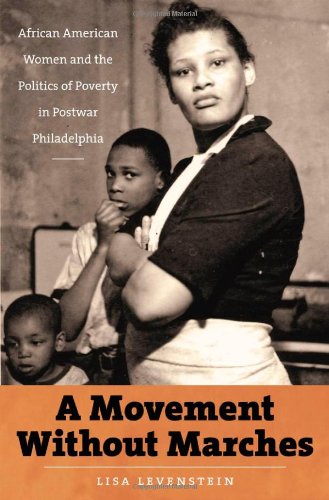

Most ebook files are in PDF format, so you can easily read them using various software such as Foxit Reader or directly on the Google Chrome browser.
Some ebook files are released by publishers in other formats such as .awz, .mobi, .epub, .fb2, etc. You may need to install specific software to read these formats on mobile/PC, such as Calibre.
Please read the tutorial at this link: https://ebookbell.com/faq
We offer FREE conversion to the popular formats you request; however, this may take some time. Therefore, right after payment, please email us, and we will try to provide the service as quickly as possible.
For some exceptional file formats or broken links (if any), please refrain from opening any disputes. Instead, email us first, and we will try to assist within a maximum of 6 hours.
EbookBell Team

4.3
68 reviewsLevenstein exposes the constraints that led women to public institutions, emphasizing the importance not only of de-industrialization and racial discrimination, but also of women's experiences with sex discrimination, inadequate public education, child rearing, domestic violence, and chronic illness. Women's claims on public institutions brought a range of new resources into poor African American communities. These resources imposed new constraints, as public officials frequently responded to women's efforts by limiting benefits and attempting to control their personal lives.
Scathing public narratives about women's "dependency" and their children's "illegitimacy" placed African American women and public institutions at the center of the growing opposition to black migration and civil rights in northern U.S. cities. Levenstein counters banal stereotypes that have long plagued public debate and offers a new paradigm for understanding postwar U.S. history.